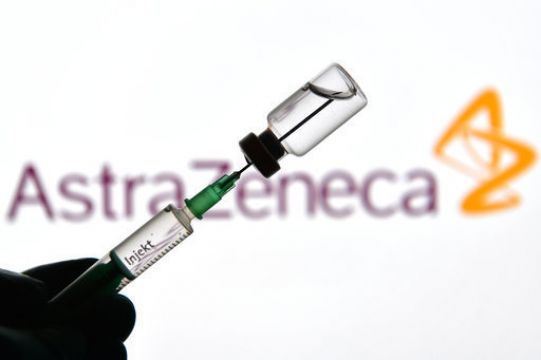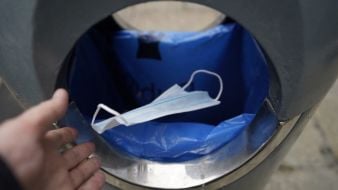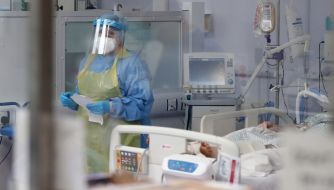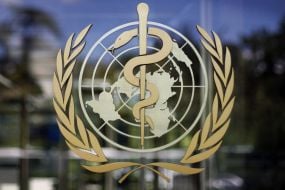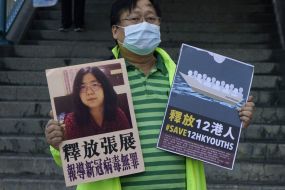Europe's Covid-19 vaccination drive was dealt another blow on Friday when AstraZeneca said initial deliveries to the region will fall short of the targeted volumes because of a production glitch.
"Initial volumes will be lower than originally anticipated due to reduced yields at a manufacturing site within our European supply chain," a company spokesman said in a written statement, declining to provide details.
The slippage hits a European immunisation campaign that has already been hampered by a temporary shortfall in the supply chain of vaccine developers Pfizer and BioNTech , who are retooling a site in Belgium to boost output.
The EU Commission said AstraZeneca had informed the EU's vaccination steering board of a change of its delivery schedule and that the Commission was working to find out more.
While BioNTech's product, as well as a vaccine made by US biotech firm Moderna, have already been launched after winning regulatory clearance, an EU decision on regulatory approval of AstraZeneca's compound is expected by the end of January.
Tens of millions
"We will be supplying tens of millions of doses in February and March to the European Union, as we continue to ramp up production volumes," the British drugmaker, who is partnering with Oxford University, said. The spokesman would not provide the initial volume target.
The EU has struck a deal to purchase at least 300 million doses from AstraZeneca, with an option for an additional 100 million, part of the company's global commitments to supply more than three billion doses.
Austrian Health Minister Rudolf Anschober warned AstraZeneca that any delay would be "absolutely unacceptable", though he stopped short of confirming reports in Austrian media that the company had told the country it could only supply 600,000 vaccine doses in the first quarter rather than the two million originally planned.
"Agreed delivery amounts must be stuck to," Mr Anschober said in a statement after reports by media, including newspaper Kurier and national news agency APA.
Austrian Chancellor Sebastian Kurz said on Monday he and his counterparts from Denmark and Greece would pressure the European Medicines Agency to rapidly approve AstraZeneca's vaccine. The Baltic states and the Czech Republic have joined that effort.
